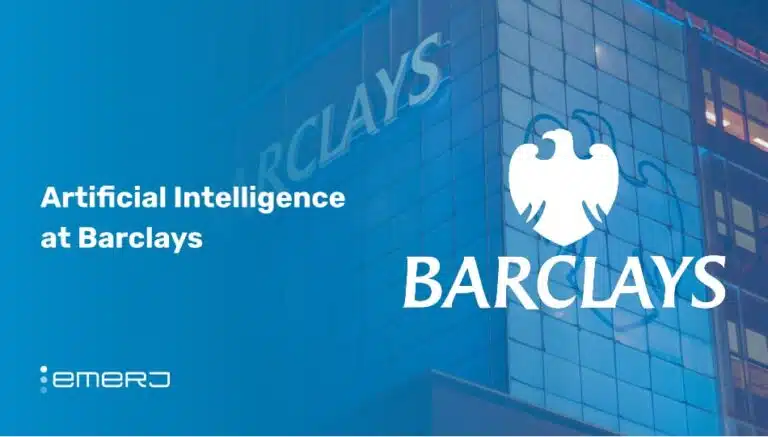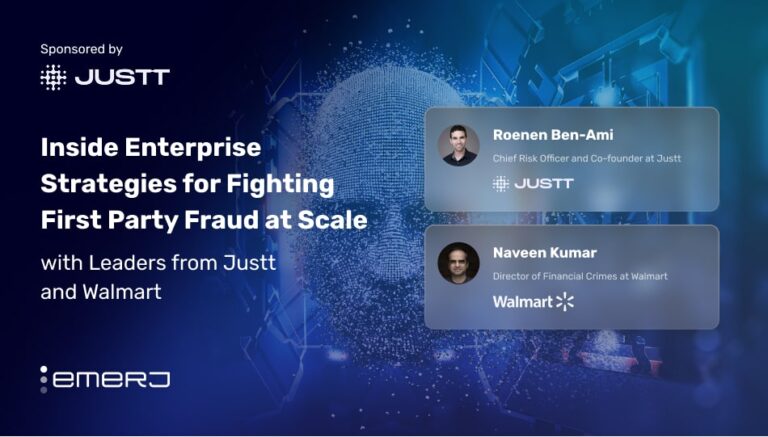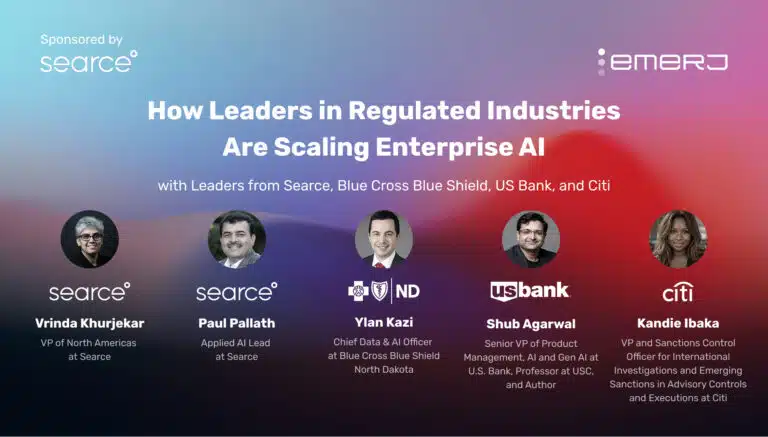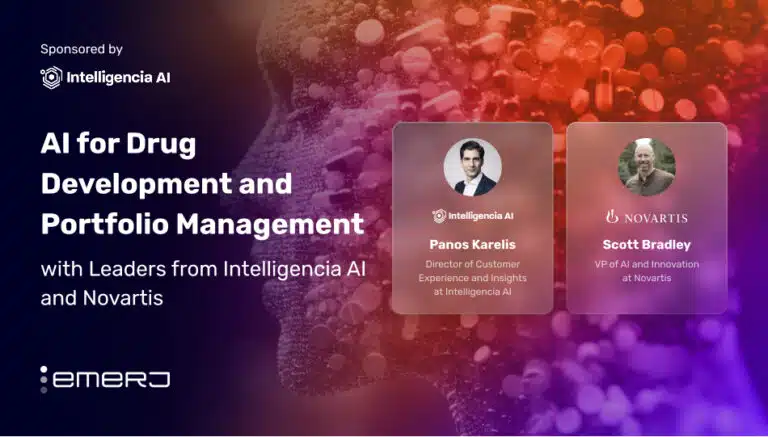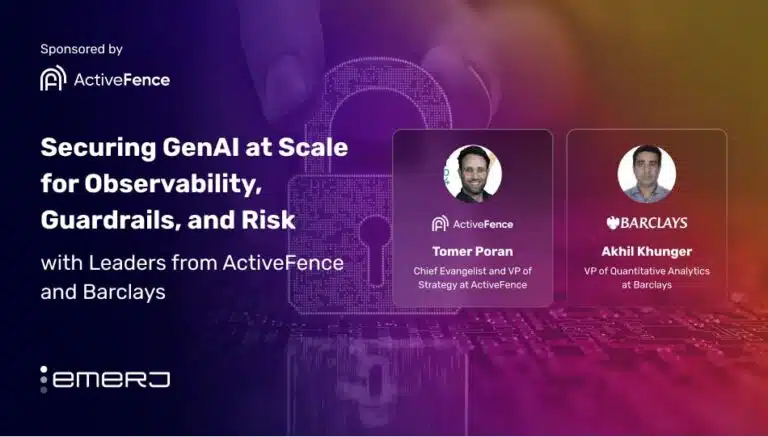If getting funding was easy, it wouldn’t be called “getting funding.”
Prospero Biosciences CEO Jonathan Rodriguez came on for an interview at Emerj to talk about his company and technology, as well as to shed some light on the real world experiences that a Biotech founder will face.
Prospero’s main focus, is in the area of mass spectrometry. They’ve developed methods for identifying “biomarkers,” or potential traces of disease by identifying large molecules often associated with disease, including many cancers. Jonathan’s journey has taken him from the USA to the Netherlands in order to find the resource materials, expertise, and funding he’ll need to get the company completely off the ground.
He shared with me five major lessons that other Biotech startups might keep in mind if they’re looking to succeed in the venture-backed and highly competitive space of Biotech:
1. For many startups, in your first initial contact with investors, they may ask what the valuation of the company is. From my experience it’s important to not put a number to it in the beginning. I think it’s important to mention to investors that that issue can be discussed further down the line when they are serious about investing in your company.
2. It’s really important to get a well rounded Board of Directors/Advisors. Think about what benefits/value the advisors can give you. Do they have the right pool of networks to get your company to the next level? Can they add to your company’s credibility when investors look at you? If they really believe in your cause then are they willing to invest in your company? And get mentors. They can be very helpful. Network, network, and network some more.
3. If there isn’t a market or the market is immature then can you build one? Customers are key to investors. If you can build a customer base or at least obtain LOIs then that can add to the credibility to the investors.
4. For many startups, especially biotech startups, it’s kind of a ‘mating dance’ with these investors. And the process can take weeks, months, or even a year or two for them to say yes or no. And unfortunately, for many biotech startups, you will get more ‘no’s’ than ‘yes’s’. These things can really suck and degrading for entrepreneurs. There is a really interesting article that entrepreneurs should read on the psychological tolls that we experience (http://www.inc.com/magazine/
5. During a pitch to investors, the addition of “story” is important. Jonathan mentions that too much story can avoid the real-deal facts and figures that the company needs to talk about to prove it’s viability, but just enough story means engaging investors / audiences without requiring them to have the same domain expertise. He mentions a startup pitch in the USA where a water purifications startup used a story that tied into a relatively recent water emergency. Because this was done tastefully, it made the value of the startup’s services “click” in the minds of potential investors, setting the startup apart from the other’s on stage. For this reason, Jonathan advocates a degree of flexibility in one’s pitch, calibrating not just length and details – but story itself – to the audience that needs to be connected to.
Image credit: Faqs.org




